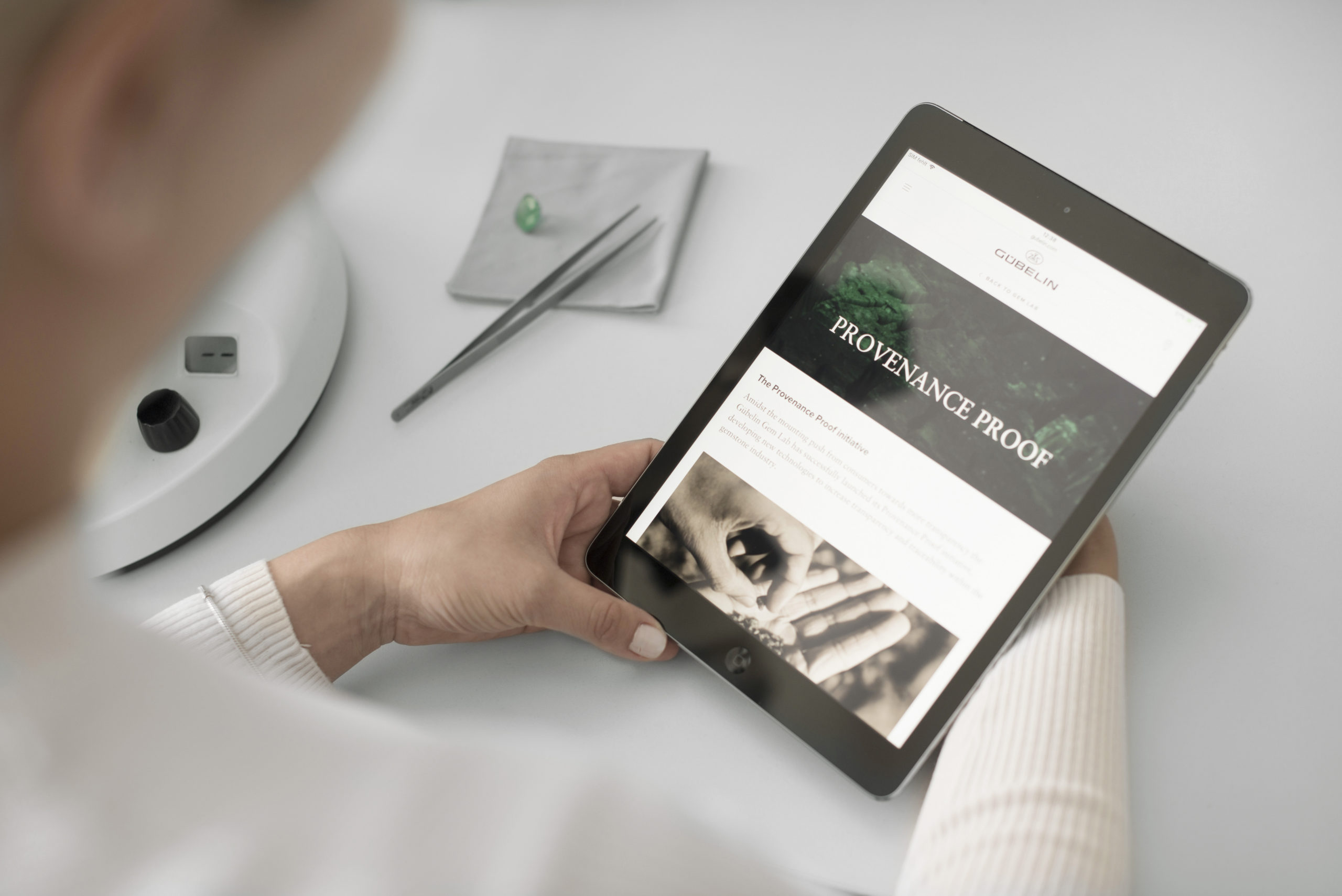04 May 2021
Lauren Roman, Everledger’s Business Development Director for Metals & Minerals, discusses the implications of the European Commission’s new regulations for electric vehicle batteries. Everledger battery passports offer a ready solution to help the industry align.
While COVID-19 caused a global slump in the automotive market last year, electric vehicle (EV) sales actually increased 45% year-on-year in Europe, passing 15% of total market share. This rapid growth in the EV industry is pushing battery repurposing, recycling and disposal up the agenda. The European Commission has taken proactive measures to regulate the expected 14-fold growth in EV and portable batteries over the next decade, as part of its European Green Deal to achieve climate neutrality and zero pollution targets by 2050.
The Circular Economy Action Plan will standardise the battery industry to ensure that all products placed on the EU market become sustainable, high-performing and safe along their entire life cycle. According to the directive, all batteries should be repurposed, remanufactured or properly disposed of, feeding valuable materials back into the economy.
The law will come into force on 1 January 2022. From 1 July 2024, only rechargeable industrial and electric vehicle batteries (EVBs) for which a carbon footprint declaration has been established, can be placed on the market. The legislation aims to foster the production of high-quality and high-performing batteries that enter the EU market, starting with efficient and sustainable production of raw materials for both primary and secondary use.
To help combat the risk of EVBs becoming a source of ecological damage – rather than a long-term ally in the fight against climate change – the regulation seeks to ensure functioning markets for secondary raw materials and related industrial processes. Appropriate collection and recycling of all waste batteries will help the EU to reduce its dependence on imports of materials of strategic importance.
Unique identifier
Safe data sharing will prove critical for tracking the flow of materials from extraction through to manufacture, primary and secondary use, and then end of life. Without this transparency, the EU’s regulation will be hard to enforce and fall short of its massive potential to positively impact the EVB ecosystem.
This year, the EU will launch a feasibility study for an electronic exchange system that collects, stores and processes battery information. The goal is to mandate a ‘battery passport’ – a unique electronic record – for each individual battery placed on the market that provides information on composition, provenance, use etc in a machine-readable format. Over the next 15 years, the EU will use this system to increase the minimum share of recovered cobalt, lead, lithium or nickel in batteries, all of which must be recorded on the passport.
Growth propulsion
Through the use of smart technologies, primarily blockchain and Internet of Things (IoT), the Everledger Platform is building serialised digital assets that can be transferred peer-to-peer on a permissioned basis. The battery and its critical parts are connected to the internet with IoT technologies such as NFC, RFID or QR, creating a digital twin of the battery on a distributed ecosystem that allows EV manufacturers and owners to track and report the lifetime journey of each battery.
In real time, EV manufacturers and other interested parties will know if a battery has been properly serviced and repaired. What is the chemistry and state of health? Has the battery been in an accident? How much and what type of materials have been recovered and what is the carbon offset of those recovered metals?
The Everledger Platform is designed to be interoperable with other industry platforms, with an emphasis on API development for data interactions. Eventually the platform will be plug and play in terms of how users consume and provide data. By knowing the current condition of each battery type, asset owners can increase the value of used EVs and their batteries, as well as screen out batteries unsuitable for repurposing.
The benefits of the Everledger Platform for the auto industry are wide-ranging, including regulatory compliance, improved safety, responsible end-of-life recovery and extended longevity of critical metals. Battery passports will help future-proof new batteries and help salvage any that are lost in the system. At Everledger, we share the EU’s vision to transform EVBs from a by-product of the e-automotive revolution into a valuable asset that propels its growth










